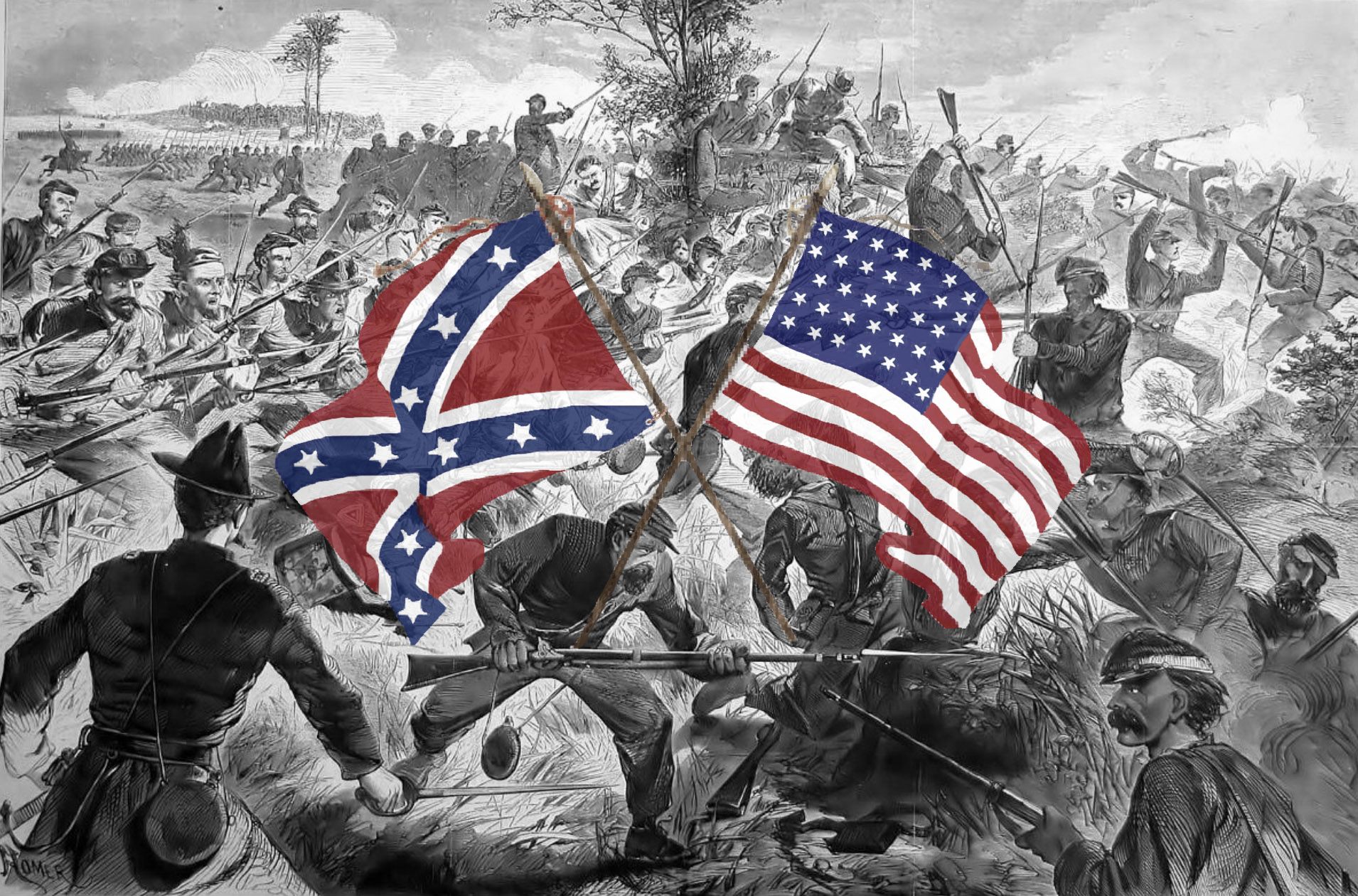(Akiit.com) The U.S. Civil War cost more American lives than all other wars we have fought. In fact, some historians argue that Civil War deaths outnumber those of all other wars combined. Still, most Americans don’t know that even the term “Civil War” has deeply political — and even emotional — connotations for millions of our fellow citizens. In particular, a plurality (if not an outright majority) of white Southerners view the war very differently than most Northerners, including those who are white.
This week, the Hamilton County Community Foundation, the Central Indiana Community Foundation and the United Way of Central Indiana co-sponsored a talk with Dr. Ty Seidule, who is one of the nation’s leading Civil War experts. (In the spirit of full disclosure, I am an employee of the Hamilton County Community Foundation.) Dr. Seidule is an Army veteran who chaired the History Department at West Point for several years. He now teaches at Hamilton College.
Dr. Seidule authored a highly regarded book titled “Robert E. Lee and Me: A Southerner’s Reckoning with the Myth of the Lost Cause.” Seidule, who is white, grew up literally idolizing General Lee, who led Confederate secessionists against the U.S. Army during the Civil War. In his deeply personal memoir, Seidule recounts how he slowly evolved from having an uncritical acceptance of the myths and outright disinformation about Lee that he had been taught throughout his childhood and young adulthood.

As he began to delve deeply into the history of the antebellum period, the war and the postbellum period, Seidule uncovered the horrific truth about Lee and his true motivation for leading the Confederate army. Despite popular myths that have been perpetuated since the end of the war, Lee was not a “Southern gentleman” who reluctantly chose his home state of Virginia when it chose to rebel against the U.S. Dr. Seidule points out that Lee is not someone who should be idolized. Lee not only willingly owned Black people; his own words reveal that he was a zealous defender of slavery. Further, Lee is responsible for the deaths of more U.S. soldiers than any person in history. Anyone who engages in human trafficking and/or takes up arms against the United States — both of which Lee did — is not someone who is worthy of honor.
Dr. Seidule’s detractors argue that Lee was a “good” slave master, as if such a thing can exist. Further, he rebuts the notion that he is guilty of presentism (i.e., judging the actions of people who lived long ago by today’s standards). Seidule points to the thousands of accounts from people who lived during the 246 years that America allowed slavery to exist on these shores. As the abolition movement grew, opposition became vociferous. Most importantly, history records at least 250 rebellions in which 10 or more enslaved people fought for a restoration of their humanity.
Yet, millions of Americans still cling to an inaccurate view of why the Civil War was fought, as well as the stark realities of human trafficking. This is despite the fact that the U.S. Army prevailed over the Southern insurrectionists. There is an aphorism that “the winner (of a war) gets to write its history.” However, in this case, the losing side has controlled the narrative for most of our nation’s history. In his book “No More Vietnams,” the late president Richard M. Nixon titles one of his chapters, “How We Won the War”. He calls the next chapter “How We Lost the Peace.” These titles constitute an apt analogy regarding the Civil War. As Dr. Seidule correctly points out, Southerners — led by the United Daughters of the Confederacy — have consistently and intentionally spread outright lies about slavery, the Civil War, the “heroes” of the War (including Lee), the reason for Confederate monuments, etc.
To his credit, Dr. Seidule openly says that Black historians and authors — not to mention those who lived through the most egregious forms of domestic terrorism — have long told the truths that he tells.
Indeed, he openly laments the fact that his being white affords him a level of credibility among whites that few African Americans have.
Supporters of the Confederacy often refer to the Civil War as either the “Noble Cause” or the “Lost Cause.” There is nothing “noble” about human trafficking and treason, which is what the Confederacy engaged in. Those who continue to defend it are lost.
Columnist; Larry Smith










Leave a Reply